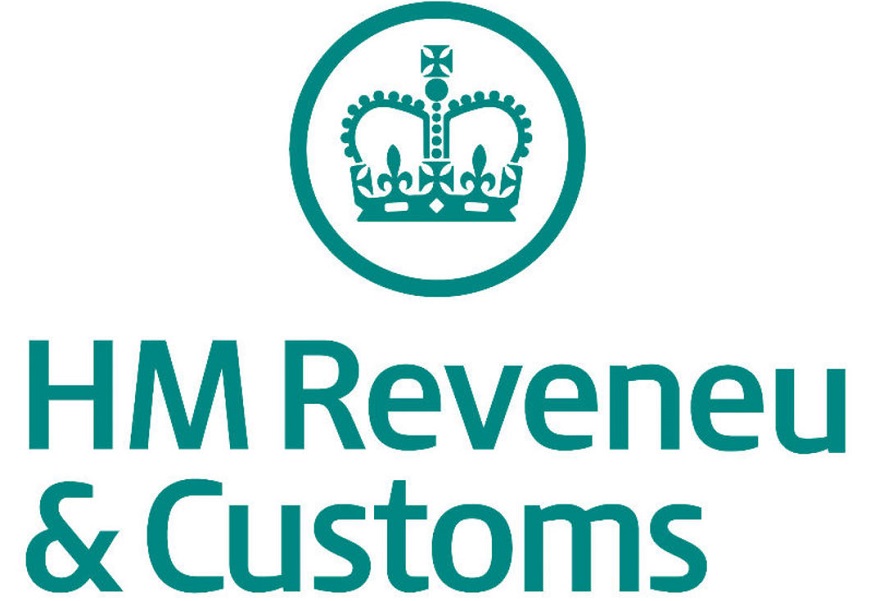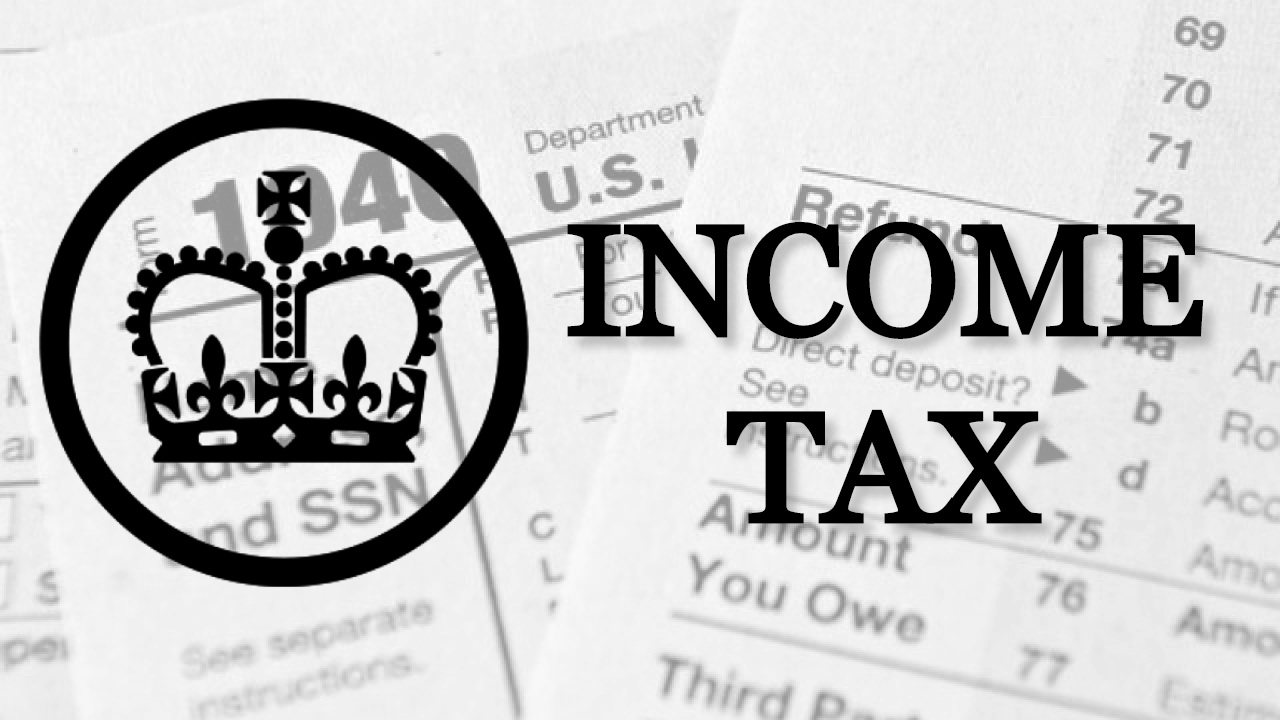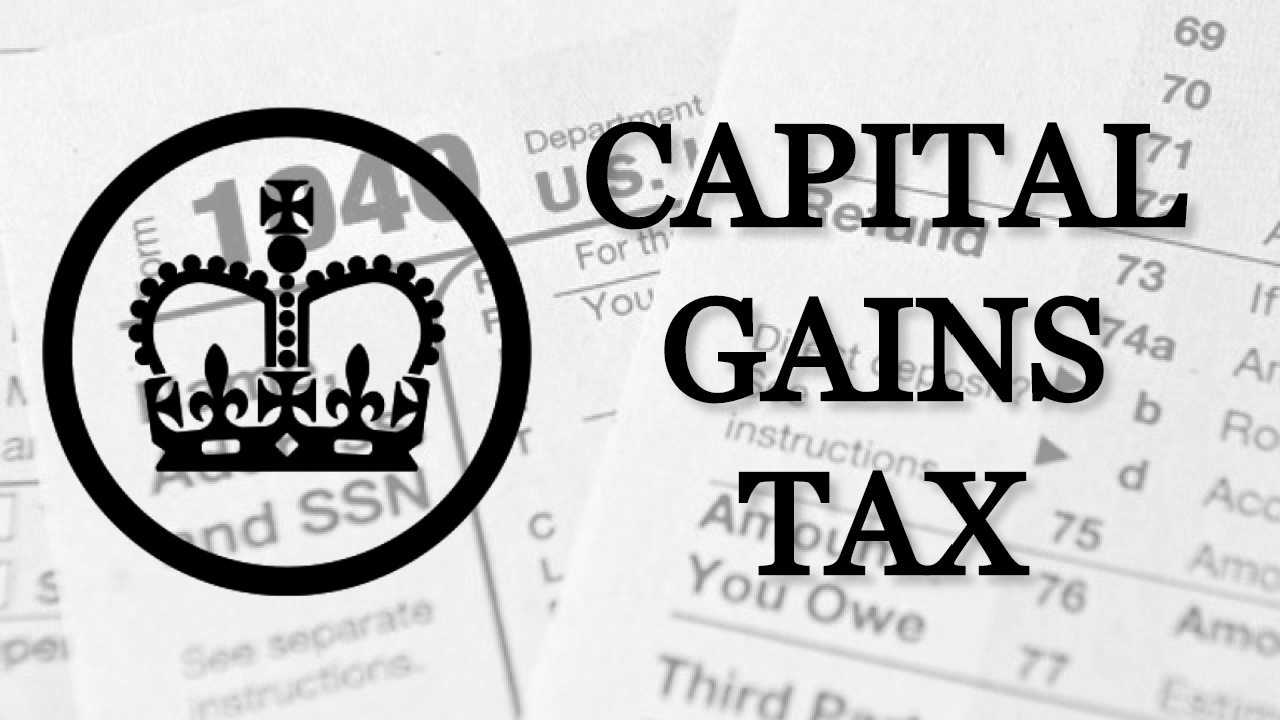Taking part in cryptocurrency exchanges can be a great way to generate profit – and it has become an even more popular investment option.
However, since it is a relatively new way to make money, there is some confusion regarding whether cryptocurrency is subject to taxation. Each country has its own way of dealing with bitcoin taxes or any other cryptocurrency taxation, but today we’ll give you a thorough look at the situation in the UK. Furthermore, if you are looking for a deep dive in the taxation situation worldwide, we can offer you to take a look into bitcoin taxation in Germany article.
What Are Cryptoassets?
 A cryptoasset is a digital asset that uses cryptographic techniques and exists without banks or custodians. It is also commonly referred to as cryptocurrency. You can exchange, store, and trade these assets purely using electronic computer databases. Note that we used the word “digital value” instead of “currency.” This is because the HM Revenue & Customs authority does not consider cryptocurrency to be an actual form of currency or money.
A cryptoasset is a digital asset that uses cryptographic techniques and exists without banks or custodians. It is also commonly referred to as cryptocurrency. You can exchange, store, and trade these assets purely using electronic computer databases. Note that we used the word “digital value” instead of “currency.” This is because the HM Revenue & Customs authority does not consider cryptocurrency to be an actual form of currency or money.
They have classified cryptoassets into 3 classes:
– Security tokens: They are offered to residents of corporations with a level of revenue or similar interests.
– Utility tokens: They give holders access to a platform’s goods or services.
– Exchange tokens: These tokens are meant to be used as a form of payment. They are not centralized by any asset, person, or group – instead, the value of such tokens is dependent on the climate of the exchange or investment markets.
For the purpose of this article, we’ll take a look at Bitcoin taxes in the UK.
Bitcoin Taxes for Individuals
Let’s take a closer look at taxing bitcoin in the UK, when the holder is an individual.
Applicable Taxes
- UK Bitcoin Capital Gains Tax – Usually, holders retain cryptoassets as part of their personal investment strategy. By doing so, they are able to take advantage of the cryptocurrency’s capital appreciation. When they dispose of a cryptoasset (by spending or selling it), they will be held responsible for paying the tax.
- Income Tax and National Insurance Contributions – Individuals must be charged with Bitcoin taxes in the UK if the wages are paid in crypto. This also applies to compensation for any form of business activity.
Why Is Bitcoin Taxed in the UK?
The UK government views exchange tokens as having economic value since they can serve as universal means to transact sales and purchases. Even though they are intangible, they can still be spent and, therefore, they are subject to taxation.
Location
 The HMRC has determined that a person who has BTC exchange tokens must pay Bitcoin tax in the UK if two conditions are met:
The HMRC has determined that a person who has BTC exchange tokens must pay Bitcoin tax in the UK if two conditions are met:
- They are a resident of the UK.
- They carry out a transaction that UK tax is applicable to.
According to the HMRC, using the BTC owner’s residency to determine the exchange token’s location provides the taxation department with a predictable, logical, and straightforward rule. If an exchange token is owned by two or more people, then each owner’s share of the asset will be taxed in their location of residency.
Income Tax

It is the portion of one’s income that their country’s government is entitled to. The question is, though, are cryptoassets considered to be a type of income? The general answer is: sometimes. There’s no clear-cut answer; the UK treats every BTC holder on case-by-case criteria.
Financial Trading Income Tax
The HRMC notify the holder’s actions when sorting out which kind of Bitcoin taxes should apply. Essentially, the holder would need to partake in very frequent trades or actions of Bitcoin or other forms of crypto. For instance, if a holder is exchanging BTC very infrequently, they would just need to pay Bitcoin Capital Gains Tax when they dispose of the asset. However, if they are trading in a frequent, organized, and sophisticated manner, then The United Kingdom Income Tax would instead replace the Bitcoin Capital Gains tax.
Taxing Bitcoin Mining Activities
A similar concept is applied to miners. Some people “mine” cryptoassets, meaning that they solve difficult math problems with computers and generate new exchange tokens. If the miner keeps the mined cryptocurrency, they are going to have to pay Capital Gains Tax when they spend or exchange it eventually. However, if a miner generates cryptocurrency full-time, he/she should be ready for an Income Tax applied instead. The factors considered include:
- the degree of cryptoasset activity
- the level of organization
- the commerciality
- the level of risk involved
Such same criteria are also taken into account when deciding if income taxes apply to mining benefits. You can find more information about other types of os income by following this link.
Airdrops Income Tax
An airdrop is when somebody randomly receives cryptoassets – often, this is done as part of a company’s marketing strategy. Bitcoin income tax is not applied if the holder has not done anything in return (this means that there are no conditions attached to the cryptoasset allocation). Furthermore, the cryptoassets must not be allocated as part of an existing trade or a mining agreement.
Airdrops are subject to Bitcoin taxes if they are provided in exchange for miscellaneous income treatment or for receipts of an existing exchange.
Income Tax Losses
Cryptoassets holders who perform trades might have the option to reduce the amount of Bitcoin tax liabilities. This can be done by getting tax relief if they offset the loss against other gains or profits. This practice is known as carryover, meaning a taxpayer carries over a loss to future years.
Taxing Bitcoin Capital Gains
 Bitcoin capital gains tax is a fee payable on the positive difference between BTC’s selling price and its purchase price. Essentially, if you buy BTC and sell for the purpose of getting a profit, this subjects you to the Bitcoin Capital Gains Tax on it. This is different from Bitcoin Income Tax since holders are considered not to be professional traders, and the cryptoassets are not a primary form of income. Essentially, it fits the definition of investing activities and is considered legally as such.
Bitcoin capital gains tax is a fee payable on the positive difference between BTC’s selling price and its purchase price. Essentially, if you buy BTC and sell for the purpose of getting a profit, this subjects you to the Bitcoin Capital Gains Tax on it. This is different from Bitcoin Income Tax since holders are considered not to be professional traders, and the cryptoassets are not a primary form of income. Essentially, it fits the definition of investing activities and is considered legally as such.
Because crypto is fully digital, it is also intangible. However, they still count as a taxable asset if they are able to be owned and if they have a realized value.
Disposal Guidelines
Disposal of cryptocurrency should be followed by calculating the taxable profits as well as reporting losses. “Disposal” is a vague term to define – according to the HMRC, it’s qualified as:
- converting crypto into fiat currencies
- exchanging crypto into crypto
- paying for products and services
- sending to somebody else for free
If an individual sends cryptoassets to somebody who they are not in a civil partnership with, then it’s required to determine its GBP value. However, if the cryptoassets were sent as a donation, it will not be subject to capital gains tax.
Allowable Costs
Tax deductibles can apply when you’re determining your net gain or loss. Examples:
- Original expenses on the tokens
- Costs collected for transactions that were not included in the block yet
- Expenses associated with promotional activities
- The costs of paying for the acquisition or sale of a cryptoasset
- Expenses to determine amounts of profit/loss
The following are NOT allowable costs:
- Maintenance and operational expenses (for instance, electrical bills)
- Tax-deductible expenses
Pooling
 If you want a simpler way to calculate your Bitcoin Capital Gains Tax, you can “pool.” In this instance, what exactly does this mean? Rather than calculating profits or losses for each transaction separately, you accumulate them into a “pool.” The GBP that you initially spent on the Bitcoin will also be included – this creates something called the “pool allowable cost.”
If you want a simpler way to calculate your Bitcoin Capital Gains Tax, you can “pool.” In this instance, what exactly does this mean? Rather than calculating profits or losses for each transaction separately, you accumulate them into a “pool.” The GBP that you initially spent on the Bitcoin will also be included – this creates something called the “pool allowable cost.”
To put it in practical terms: let’s say you own Bitcoin, Litecoin, and Ethereum. You would have three separate cryptoasset pools – once for every crypto kind. You calculate the amount you spend on each pool and track them in such groups. This cost will change as you acquire and sell assets in each category of crypto.
If you perform transactions within a certain pool, it is called a “part-disposal.” When it’s time to calculate profits/losses, you will need to subtract however much you’ve disposed of the pool into its allowable costs.
In order for it to properly, it’s recommended to track and update expenses for all forms of crypto and the associated costs, plus a modified estimated allowed cost.
Here is how it unveils in real life. Let’s say an individual acquired 100 of Cryptoasset N for 1,000 GBP. Sometime later, Mary bought 50 more of Cryptoasset N for 125,000 GBP. Now the pool contains 150 of Cryptoasset N and a total allowable cost figure of 126,000 GBP. Now, let’s say that they dispose 50 of Cryptoasset N and make 300,000 GBP. As discussed, they can subtract a certain amount (50/150, or 1/3) when determining profits. The calculations would look like this:
| Point | Amount | |
| Consideration | -//-//- | £300,000 |
| Less allowable costs | £126,000 x (50 / 150) | £42,000 |
| Gain | -//-//- | £258,000 |
After calculations, it turns out the profit was 258,000 GBP for which it’s required to pay the Capital Gains Tax on that amount. Due to the part-disposal, they will actually have one pool of 100 of Cryptoasset N, so the total allowable costs are reduced to 84,000 GBP.
Keep in mind certain considerations and requirements when it comes to such pools. Specifically, if the token was sold and then purchased again in a higher volume within 30 days. If this is the case, new crypto and all associated costs will be kept separately from the main pool. Any corresponding calculations should also be done separately.
Taxing Bitcoin Held by Blockchain Forks
 Certain kinds of crypto aren’t owned by a particular person – rather, the technical owner is a community. In that case, the operation of the token is determined by what this community decides. If the minority group that disagrees with the majority’s decision grows to a significant amount, it can lead to a separate “fork.” Meaning, they create two branching paths.
Certain kinds of crypto aren’t owned by a particular person – rather, the technical owner is a community. In that case, the operation of the token is determined by what this community decides. If the minority group that disagrees with the majority’s decision grows to a significant amount, it can lead to a separate “fork.” Meaning, they create two branching paths.
Blockchain forks are divided into two types – soft and hard. The first type is created by updating the existing blockchain protocol. Eventually, all users adopt this change. Another distinctive feature is that it doesn’t involve creating a new token. On the other hand, a hard fork implies that there will be an addition of a new token. For taxation purposes, those are considered to be a unique type of cryptocurrency.
 After the fork, the new assets are assigned to a separate pool. As for the allowable costs, those are divided between the pools. When the assets are held on an exchange, it’s to the exchange to determine whether they are recognized. Further operations are only possible if the exchange does decide to recognize it. As you can imagine, a dissenting decision may lead to taxation difficulties. In this case, the HMRC would consider the situation as it arises.
After the fork, the new assets are assigned to a separate pool. As for the allowable costs, those are divided between the pools. When the assets are held on an exchange, it’s to the exchange to determine whether they are recognized. Further operations are only possible if the exchange does decide to recognize it. As you can imagine, a dissenting decision may lead to taxation difficulties. In this case, the HMRC would consider the situation as it arises.
Taking Bitcoin Gained From Airdrops
In this instance, cryptos are bestowed upon individuals, typically as part of a promotional campaign. When Bitcoin is received through an airdrop, it also goes into a separate pool – however, the rule doesn’t apply if the individual owns BTC. There is no value coming from an existing asset from the individual’s portfolio, which means the Bitcoin Capital Gains Tax isn’t applicable.
Bitcoin Capital Gains Tax Loss

If a BTC holder sells their assets, and its value is below their allowable costs, it will be constituted as a Bitcoin Capital Gains tax loss. There are other cases when you can lower the overall gain – however, these instances must be first reported for approval. As for losses when disposing of cryptoassets to a ‘connected person’ you can learn about some rules concerning this topic here.
When Cryptoassets Lose Their Value
If a cryptoasset loses with value or is determined to have “negligible value,” individuals can crystallize the loss and file a claim for marginal value. Essentially, this claim shall treat it as a cryptoasset disposal – and subsequently bought for the value outlined within the claim. If the assets are in a pool, the claim will need to be made regarding the entire pool, not the tokens individually.
When you fill a claim for marginal value, here are the factors that should be included:
- The asset that the claim concerns
- How much should be considered as disposed of (as low as 0 GBP)
- When the cryptoasset has been as disposed
Loss from the disposal must be provided to HMRC. You can make the claims at the same time as the loss reports.
Losing Keys

If a holder loses a private key, the key doesn’t cease to exist. Therefore, the asset is technically existent in the Ledger. So, if you lose a private key, it is not counted as disposal for taxation purposes.
If you can prove to the HRMC that there is no chance of getting access to the private key, you can file a claim to recognize it as negligible value– thus allowing you to crystallize your loss.
Fraud
If you invest in cryptoasset, there is always a risk of being subject to fraudulent activity. However, if your funds are stolen, it is not considered to be disposed of by the HMRC – meaning that you can’t claim a loss for taxation purposes. The HRMS doesn’t consider theft to be disposed of, because you are still regarded as an owner even though you can’t gain access to them.




